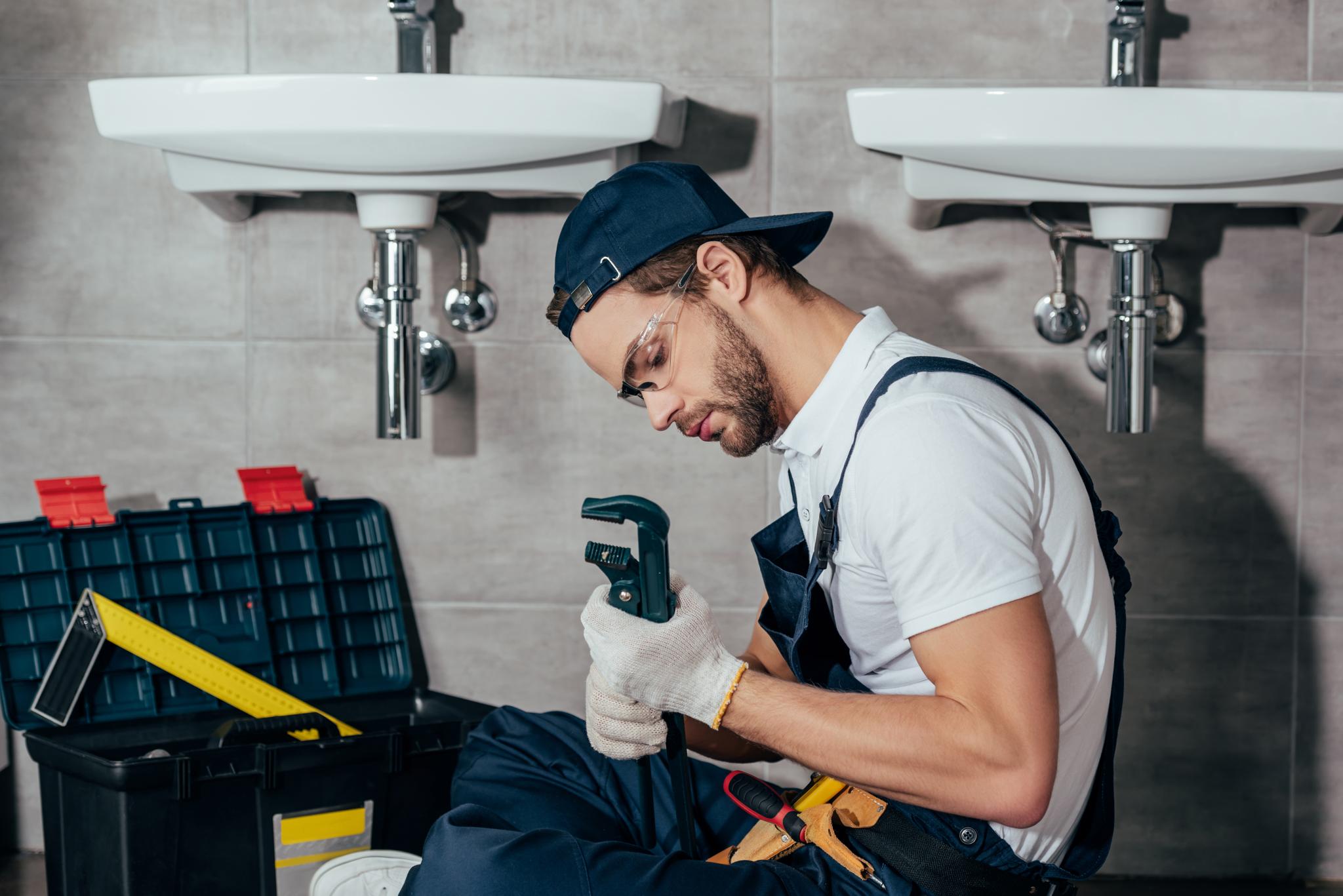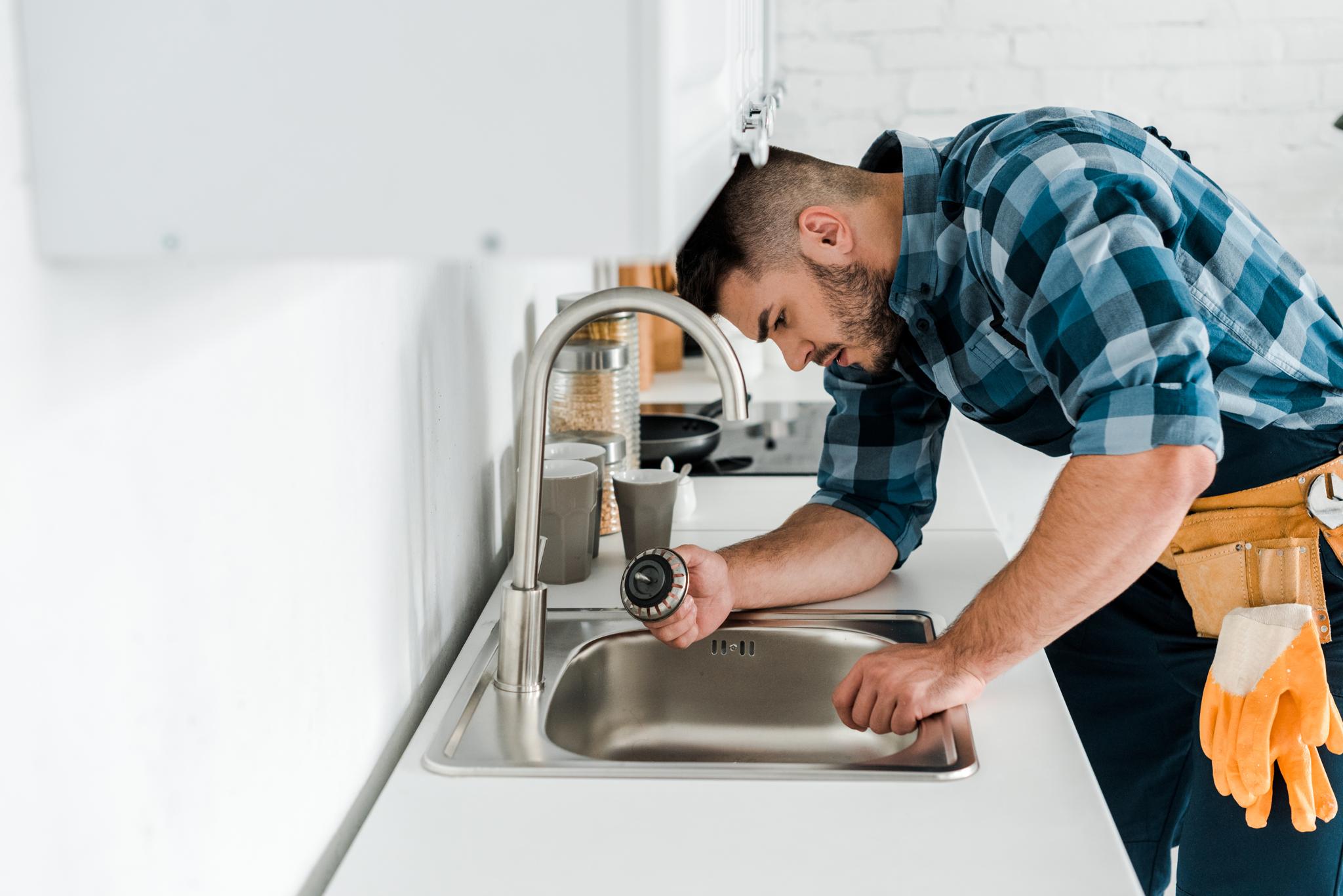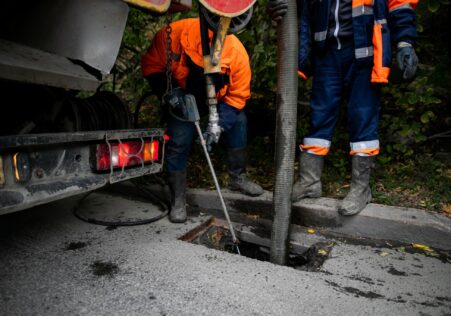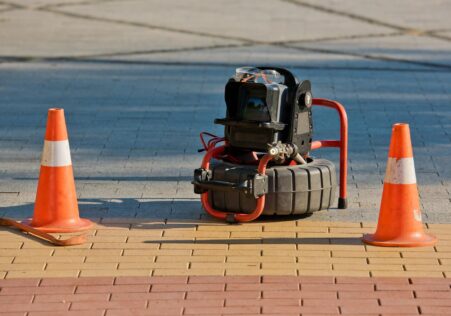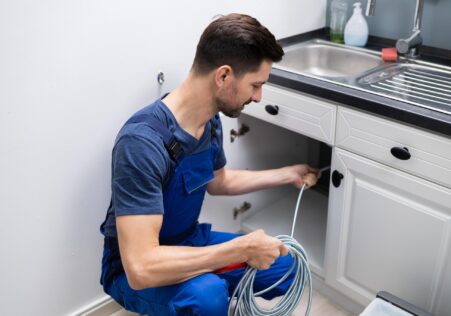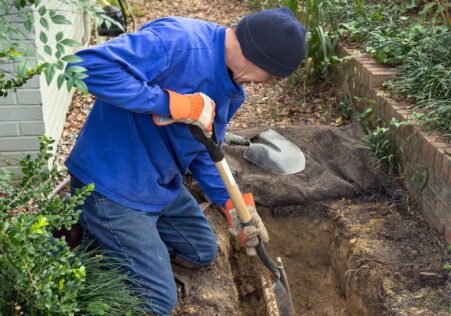How to Keep Your Drains Clean and Prevent Future Blockages
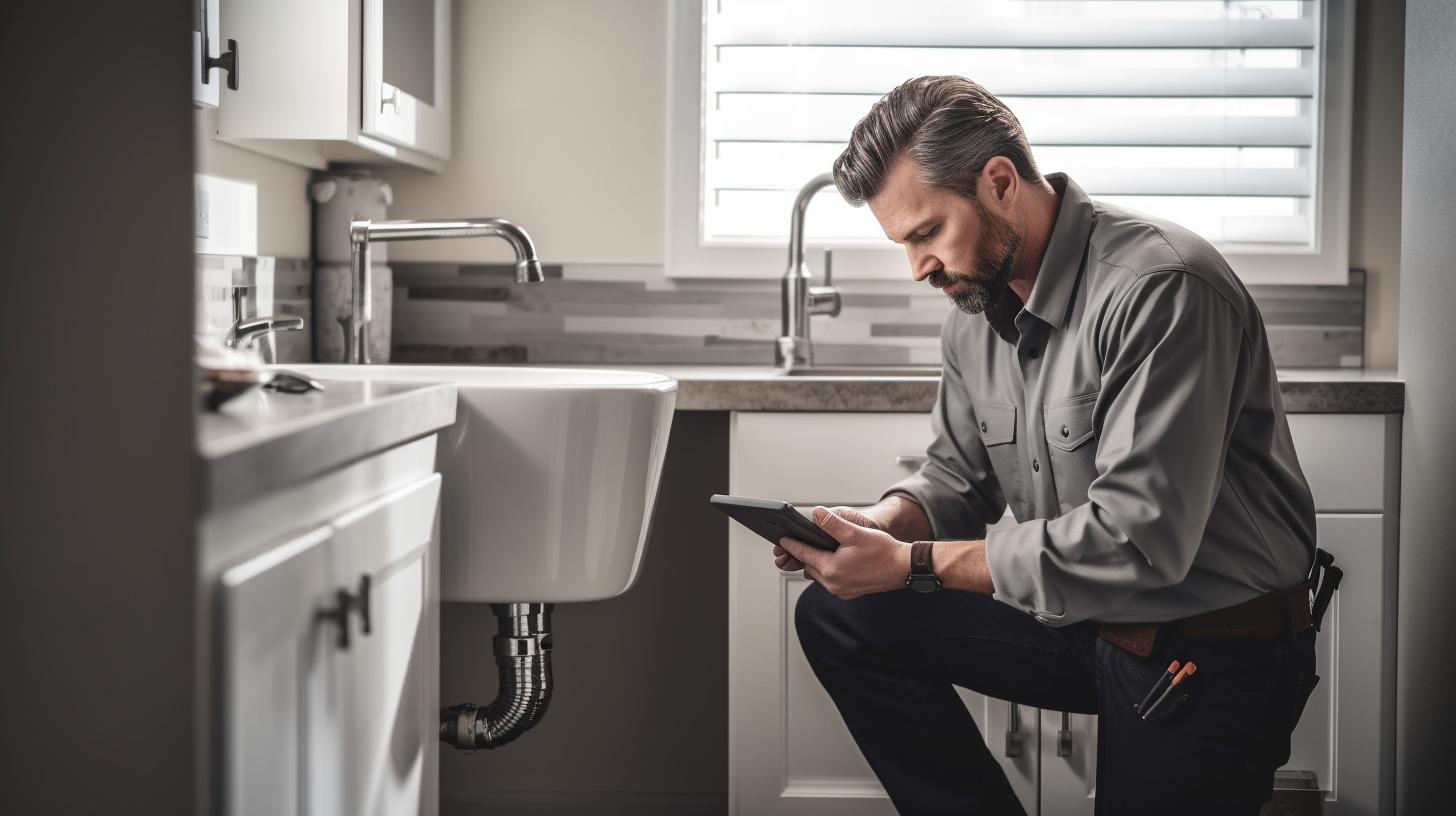
Are you tired of dealing with clogged drains at home or in the office? Are you interested in learning ways to prevent further blockages and ensure that your drains are clean? In this article, we will give you some suggestions and tricks to help you maintain clean drains. We will also explain the importance of hiring professionals from Sydney Blocked Drains Plumbing for the job.
Key Takeaways
- Common causes for blockages to drains comprise soap and hair buildup, food waste sticking to grease buildup, toiletries being flushed through the toilet like baby wipes and feminine hygiene products cotton swabs or floss and tree roots extending into pipes outside the house.
- Install a strainer, or hair catcher in the drain opening to prevent food waste or hair from running down the drain.
- Dispose of food waste properly by dumping food scraps into a compost bin or trash bag rather than flushing them down the drain.
- Do periodic maintenance clean-ups by pouring boiling water slowly through your shower, sink or tub drains at least once a week when they’re relatively free of debris.
- Make equal portions of vinegar and baking soda, then put them into the drain’s opening. This is an easy method to remove the grease buildup forming on sewer pipe walls, which can create blockages. Wait 30 minutes and then pour hot water down the drain.
- Contact Sydney Blocked Drains Plumbing for help with regular maintenance of the septic tank, sewer system or pipes outside the house to ensure they’re working effectively and in a timely manner.
- Don’t use chemical drain cleaners because they can harm the pipes over time and cause harm to the environment.
- Beware of flushing non-decomposable products such as cotton swabs, cotton towels and dental floss as well as feminine hygiene products down your toilet because this could cause expensive repairs to sewers or septic tanks.
- Pay attention to unusual smells emanating from drains, low drainage, gurgling sounds or other unusual activity which might indicate a clogged drain that needs immediate attention.
Common Roots of Drain Blockages
Before we dive into the best practices and rules, it’s essential to understand why drain obstructions occur at the beginning. Here are some of the most common causes:
- Scum and hair build-up in bathroom drains
- Food waste clings in grease and buildup in kitchen drains
- Toiletries that are flushed down the drain such as baby wipes, female hygiene items, floss for teeth or cotton swabs
- Tree roots expanding into pipes outside of the house
These elements can cause severe damage in the long run if ignored. Fortunately, there are ways to address each one and keep your drains flowing effortlessly.
Dos
1. Make use of a hair catcher
A hair strainer or hair catcher will fit neatly over your drain’s opening. It stops food waste and hair from leaking down the drain. Be sure to wash the drains regularly.
2. Correctly dispose of the kitchen garbage
Place food waste in the compost bin or garbage bag instead of rinsing them in the drain. Rinse dishes with hot water while washing dishes.
3. Make sure you are performing regularly scheduled check-ups and maintenance cleaning
Once a week pour boiling water slowly into your bathroom sink, shower or bathtub drains once they’re clean. This will help prevent any build-up of material from clogging the drain altogether.
4. Use baking soda and vinegar
Mix equal amounts of vinegar and baking soda (usually half 1 cup each) and slowly pour it into the drain opening to create an easy method of cleaning away the accumulation on the walls of sewer pipes that cause blockages. For 30 minutes, wait and pour hot water into the drain.
5. Call a professional
Engage a professional plumber such as Sydney Blocked Drains Plumbing to perform regular maintenance on septic tanks, sewer systems or pipes outside the home to ensure that they function properly and efficiently.
Don’ts
1. Avoid using chemical drain cleaners.
Chemical drain cleaners can cause damage to your pipes over time. They can also harm the environment. They could also be harmful when used in conjunction with other products for cleaning.
2. Don’t flush any non-decomposable materials in the toilet.
Avoid flushing non-decomposable objects in your toilet, such as paper towels, cotton swabs, dental floss or feminine hygiene products because they will not break down naturally and will instead cause costly repairs in sewers or septic tanks.
3. Be aware of warning signs
If you are noticing unusual smells emanating from drains, slow drainage, gurgling sounds or other unusual activities may indicate a blocked drain that requires immediate attention.
| Do’s | Don’ts |
|---|---|
| Use a strainer or hair catcher | Use chemical drain cleaners |
| Properly dispose of kitchen waste | Flush non-decomposable items down the toilet |
| Perform regular maintenance cleaning | Ignore warning signs |
| Use baking soda and vinegar | |
| Call a professional like Sydney Blocked Drains Plumbing for help |
Frequently Asked Questions
When should I wash my drains?
It is recommended to cleanse your drains at least every six months to a year. However, if you notice a slow draining or smelly odors emanating into your plumbing, you need to act as soon as possible.
How can I make DIY ways to clean my drains?
There are many alternatives to try at home like pouring boiling water down the drain, using baking soda and vinegar or using a plunger. But be aware of the substances and materials you use to drain your water and stay clear of anything that could cause harm or damage to your plumbing system.
Can I prevent the occurrence of blockages in my drainage?
Yes, regular checking of your water system will help prevent future blockages. Beware of flushing foreign objects down the drain, regularly clean hair out of shower drains, and use a strainer for the sink to catch food scraps prior to letting them go into the drain.
When should I get in touch with the services of a licensed plumber?
In the event that you’ve attempted DIY methods but still experience slow-moving drains or blockages It is advised to contact a professional plumber for more analysis as there could be an underlying issue that needs to be addressed.
My drains keep getting clogged is this the sign of a larger issue?
A constant clog in your drains can signal larger issues like tree roots infiltrating the pipes or collapsed pipes in the plumbing system. In these situations it’s recommended to consult an experienced plumber like Sydney Blocked Drains Plumbing who can assess the problem properly and recommend the most effective course of action.
In the end, keeping healthy drains is a must for any home or office. Follow these steps immediately to prevent blockages from occurring and keep your drains flowing freely. Be aware that professional help is only a phone call or a click away. For more information about our plumbing services such as unblocking drainage pipes, CCTV drain inspection, pipe relining and general plumbing maintenance, call Sydney Blocked Drains Plumbing at # ###-###-#### or visit our website for more information. [(click here)] (https: //www. example.com/)
Additional Information
- How to Choose between Different Types of Pipe Relining Materials (And Which One Is Right for You)
- DIY Drain Cleaning: How to Safely Tackle Clogged Drains
- The Top Causes of Blocked Drains You Need to Know
- A Comprehensive Comparison of Pipe Relining and Pipe Replacement
- Pipe Relining: The Low-Cost Answer to Sewer Repairs
- 5 Reasons Why You Should Hire Professionals for Drain Cleaning Services
- An Easy DIY Guide to Unclogging Your Blocked Drains
- DIY Methods for Clearing Blocked Drains at Home
- Seeking a plumber to solve your backed up drain issue? Here's how
- How CCTV Drain Inspection Can Save You Money in the Long Run


